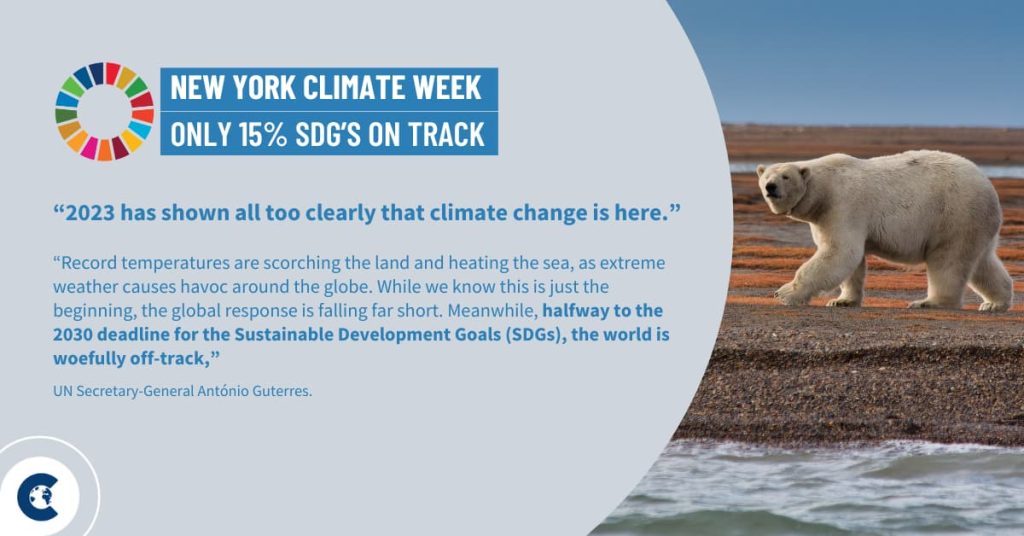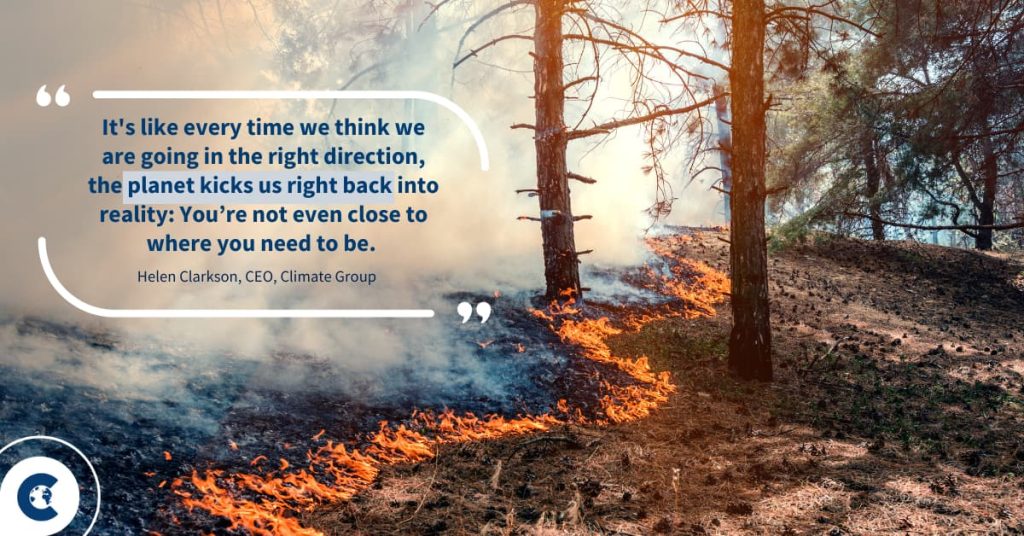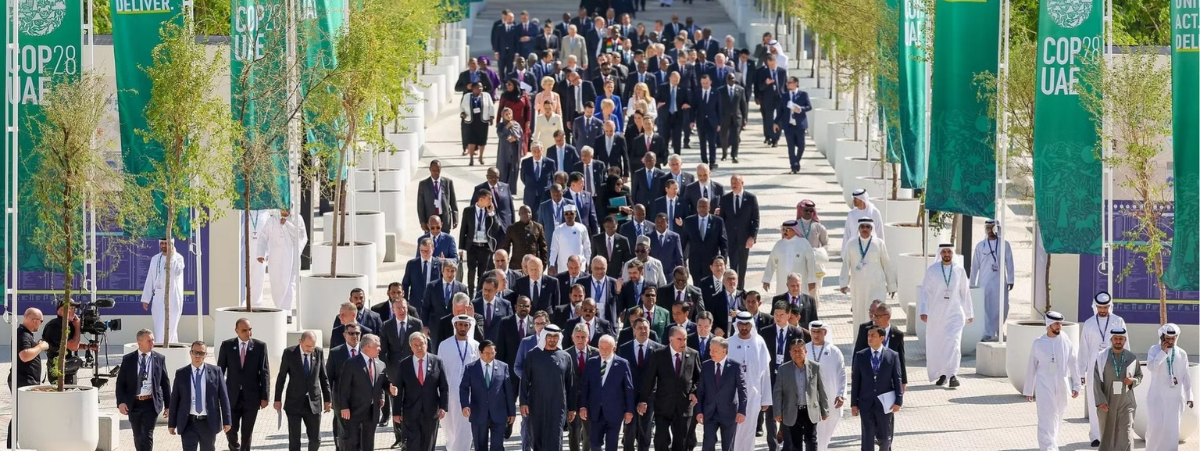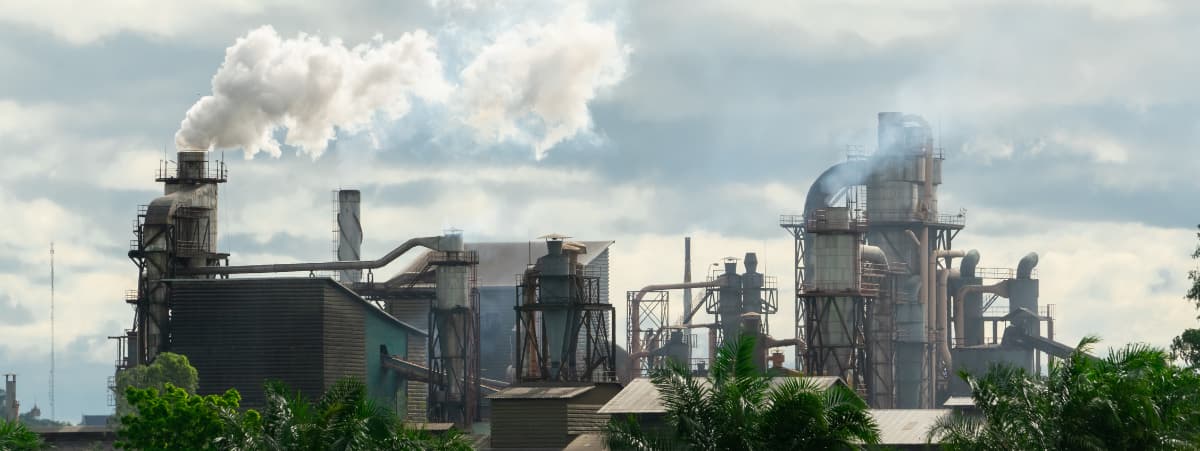In 2015 world leaders made a promise to reach the 17 sustainable development goals by 2030. We are halfway there and only 15% of SDG’s are on track. So what’s next?
Before diving into how we can speed up progress, let’s take a moment to recognise all that has been achieved so far, because collectively individuals, organizations, and governments have made life-changing contributions.
United Nations SDG’ – Progress So Far
1. Life expectancy and disease prevention – 146 out of 200 countries or areas have already met or are on track to meet the under-5 mortality target.
2. Improved gender parity in management positions – 40% of women’s representation in management in sub-Saharan Africa, surpassing the global average by 10 percent.
3. Safe sanitation and global hygiene services are becoming the norm.
Between 2015 and 2022, 687 million more people have access to safely managed drinking water services.
4. More than 95% of the global population have access to mobile broadband networks.
5. The future of energy is cleaner. Renewable sources power nearly 30% of energy consumption
But despite these positive steps, we are still woefully off track with many of the goals having stagnated or in regression. Extreme weather events are causing global destruction and climate activists are struggling to inspire and motivate everyday people to take climate action seriously.

Climate Week NYC Opening Speech:
Together We Can. We Will.
Helen Clarkson, CEO of Climate Group, delivered the opening speech at Climate Week NYC just a few days ago with a message of hope and determination. She acknowledged the contradictions of our times, where solar energy has surged but forest fires have devastated Canada and wildfires have struck Hawai’i. Despite these challenges, Clarkson emphasized the importance of relentless determination and declared the battle cry of the event: “We Can. We Will.”
She highlighted how renewable energy has become economically viable, thanks to early visionaries and corporate frontrunners. Clarkson also praised the growth of electric cars and the influence of businesses in driving change. However, she cautioned that progress is met with resistance from fossil fuel-based companies and outdated economic thinking.
Clarkson reminded the audience that immediate, well-planned action, emphasizing that the responsibility for addressing climate change lies with all of us, and the power to bring about change rests in unity. “There is no savior; instead, “We Can. We Will” is a collective call to action.”

The Power of Collective Action
The United Nations SDGs are global goals that require collaboration and cooperation from all sectors of society. Even small individual actions, when multiplied, can lead to significant change. Often it can feel that our individual daily actions don’t have a real impact, but if we begin to see ourselves as part of a larger movement working towards a common purpose, there is potential to gain significant momentum in the fight against global warming.
One of the ways we can individually take action is by measuring our own carbon footprint and balancing those emissions by supporting carbon reduction initiatives or contributing to the preservation of biodiversity.
The Future of Personalized Carbon Offsetting
The American tea company, Harney & Sons, recently reported in a deloitte carbon offsetting report that one out of four customers choose to balance their transactions with offset purchases, which usually equates to 2%–3% of the purchase cost.
It’s been a tough few years for carbon offsetting, but as many industry insiders will tell you the market for purchasing carbon credits is set to increase significantly. In fact it is expected to reach a $100 billion dollar market in developed economies by 2030.
Carbon offsetting is set to become very normal and very personal. Fashion-conscious individuals could choose to offset the carbon emissions associated with their clothing purchases by investing in projects that promote sustainable fashion practices, such as recycling textiles or supporting ethical and eco-friendly clothing brands.
A daily bicycle commuter in a city might have the option to purchase carbon credits that support local bike infrastructure projects, such as building more bike lanes or bike-sharing programs. This way, their commute not only reduces emissions but also contributes to improving cycling accessibility for others.
Over time, the momentum for these carbon transactions can spur local economies. When consumers begin to see the benefits of their investments in their own neighborhoods and backyards, their trust in the carbon-offset market should grow.
In order for businesses to thrive in this new green economy and increase revenue, integrating climate pay or climate action into the foundation of their enterprise is essential.
Uniting National and Local Leaders for Future Generations
To have a chance in winning in the fight against climate change, we need everyone to involve everyone. This was echoed in one of the first big announcements from Climate Week NYC.
COP28 President-designate Dr. Sultan Ahmed Al Jaber and UN Special Envoy on Climate Ambition and Solutions Michael R. Bloomberg. They announced the COP28 Local Climate Action Summit that will aim to bring together hundreds of subnational climate leaders – mayors, governors, businesses, non-government organizations, and more – who are increasingly critical in helping national governments reach emissions reduction targets and net-zero ambitions while building resilient and future-proof economies and societies.
“Cities are where the climate battle will largely be won or lost,” said United Nations Secretary-General António Guterres. “We all need to push further and faster; keep collaborating, innovating and raising ambition. Mobilizing and equipping local governments with the capacity and financing to accelerate climate action is necessary if we are to bend the emissions curve. We need to achieve our 1.5-degree goal.”
At ClimateTrade, we firmly believe that private companies and policymakers can join hands to drive innovation and propel our world towards a sustainable, carbon-neutral future. This shared vision will be at the forefront of Climate Week NYC 2023, as the annual event continues to inspire hope and action in the battle against climate change.
Watch the United Nations video review of what it will take to reach Sustainable Development goals.







